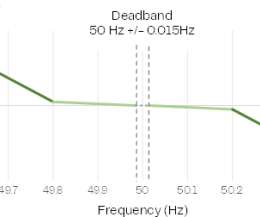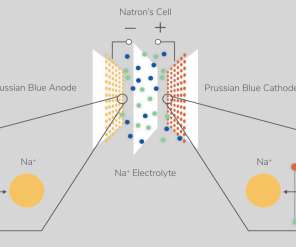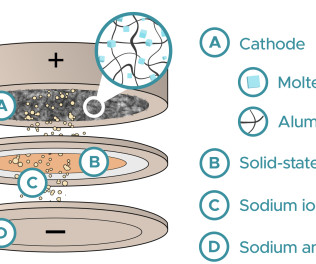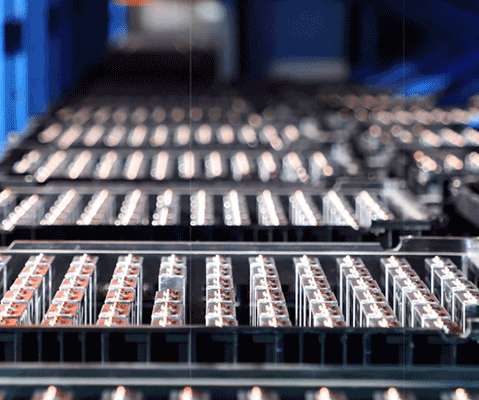LiNa Energy successfully demonstrates Na-ion technology for battery energy storage systems
Green Car Congress
NOVEMBER 21, 2022
Solid-state sodium-ion battery company LiNa Energy ( earlier post ) successfully completed an independent demonstration of its lithium-free sodium batteries for energy storage systems with commercial partner ion Ventures.




























Let's personalize your content